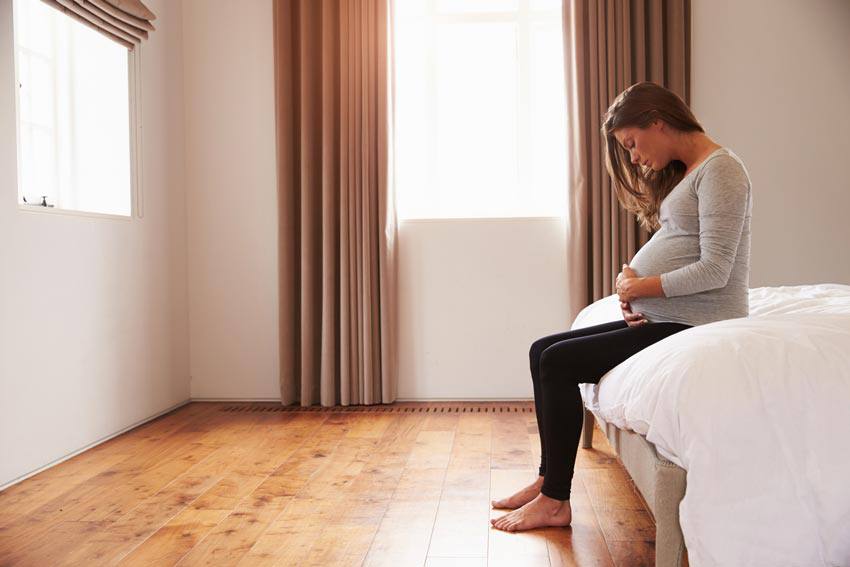Why travellers prefer Blue Cross
- Canada's #1 travel insurance brand and recognized worldwide
- Over 75 years of expertise in insurance
- $5 million travel insurance coverage, with or without deductible
- Flexible and affordable travel insurance solutions
- Free quote available online
- Travel assistance available 24/7 for any emergency, anywhere you travel

Understanding and managing morning sickness
Published on: March 9, 2016
Pregnancy and morning sickness go hand-in-hand. Approximately three quarters of pregnant women experience symptoms during the first trimester, half get nausea and vomiting and one quarter get nausea alone. If you are one of the 25% of women who don’t get morning sickness, lucky you! The good news is that most women stop feeling the effects at around 14 weeks.
The term “morning sickness” is misleading, because it can last all day, but the most severe symptoms tend to occur in the morning and ease as the day progresses.
What causes morning sickness?
Morning sickness is caused by the changes that are occurring in your body during pregnancy. According to BabyCenter, some of the possible causes include:
- Stress
- Stomach sensitivity
- Enhanced sense of smell and taste
- Increased levels of human chorionic gonadotropin, estrogen and possibly other hormones
You are more likely to experience the symptoms of morning sickness if you are pregnant with twins, had morning sickness during previous pregnancies or are prone to motion sickness.
Not to worry, though, because morning sickness will not hurt your baby.
Cures for morning sickness
Every woman is different, so the triggers of morning sickness will vary. It’s important to pay attention to what triggers your symptoms, so you know what to avoid. Here are some ways you can get relief from morning sickness:
- Eat small, frequent meals throughout the day, and eat slowly
- Avoid foods and smells that trigger the feeling of nausea
- Avoid sugary and fatty foods
- Eat foods at room temperature instead of warm
- Add ginger to your diet to help ease nausea and settle your stomach
- Eat a snack before bed
- Stay hydrated by sipping throughout the day
- Get outside for fresh air regularly
- Avoid tiring yourself too much, and take naps when you need to
- Try to keep your stress level low
These are only some of the possible ways to manage morning sickness. The key is to find out what works for you.
As a last resort, if you are unable to overcome the effects of morning sickness, anti-nausea medication may be an option. Talk to your doctor or midwife about your treatment options before taking anything.